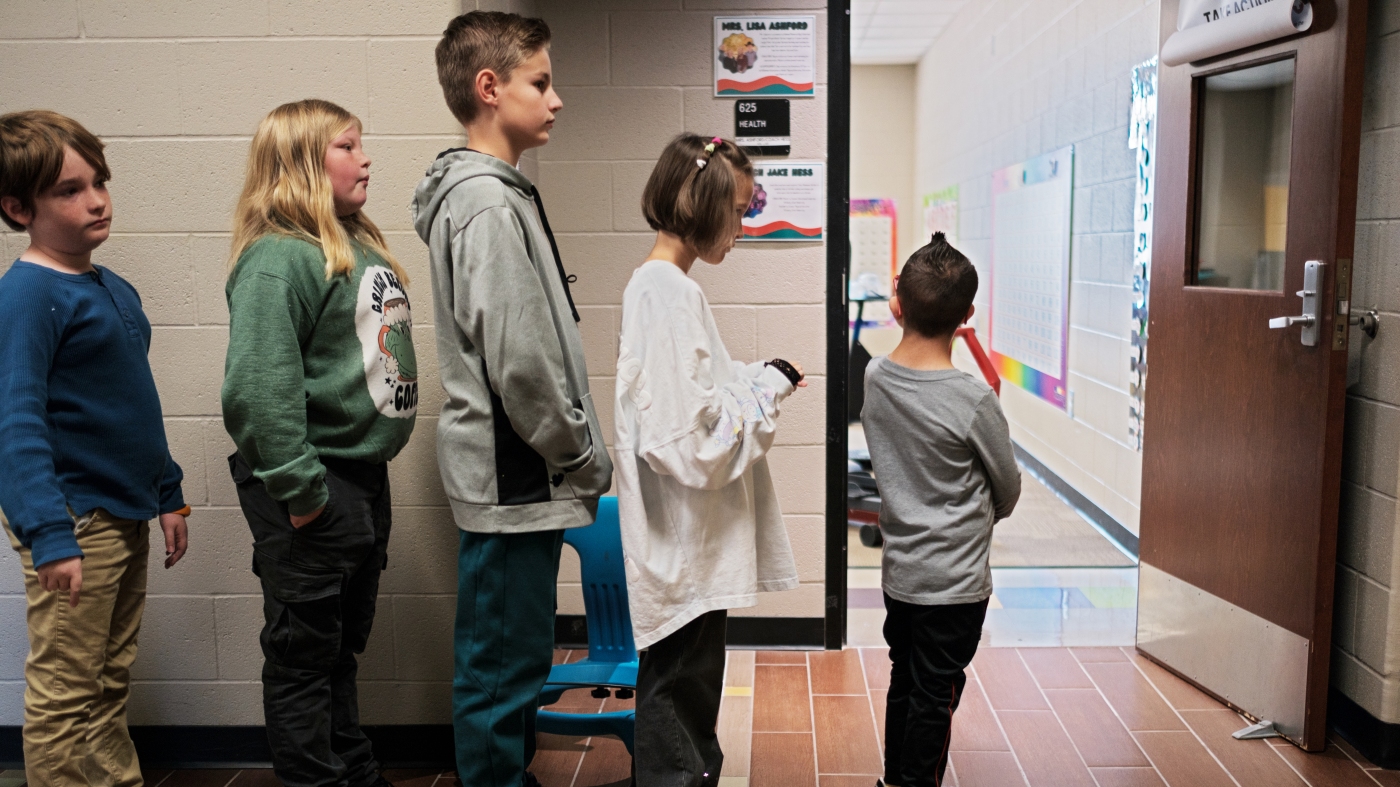A Shift in Special Education: What Changes Could Mean for Students with Disabilities
As debates over the U.S. Department of Education’s role in special education unfold, questions arise about the impact on students with disabilities. President Trump’s proposal to transfer special education responsibilities to the Department of Health and Human Services (HHS) has sparked discussions among educators, policymakers, and disability advocates.
Sueli Gwiazdowski, a 24-year-old disability rights advocate, recalls her challenging high school years. She switched schools three times due to accessibility issues and segregation from her peers. “I had to fight my way out of that by going to a lot of…meetings and asserting that I was capable and able to participate in the general education setting,” Gwiazdowski says.
Gwiazdowski, who grew up using a wheelchair, leveraged the Individuals with Disabilities Education Act (IDEA) to secure her educational rights. “Quite frankly, had it not been for the publicly accessible resources that the Department of Education has provided to students with disabilities like myself, I probably would not have gone to college,” she acknowledges. Her story highlights the vital role IDEA plays in ensuring educational access for students with disabilities.
The Proposed Shift to HHS
The Trump administration’s intention to move “special needs” programs to HHS has raised concerns. While the specifics of the plan remain unclear, including whether IDEA will be affected, the conservative policy initiative, Project 2025, suggests such a transfer.
Department of Education spokesperson Madi Biedermann stated, “The Department is actively reviewing where [Education Department] programs can be responsibly managed to best serve students and families. This will be done in partnership with Congress, other agencies, and national and state education leaders.”
Potential Implications and Concerns
Experts argue that separating special education from the Department of Education might complicate its integration with general education. Katy Neas, formerly of the Office of Special Education and Rehabilitative Services, expresses concern, stating, “To have the separation away from a broader institution of education just seems misguided to me.”
Jonathan Butcher of the Heritage Foundation, however, views the potential move as a chance to improve federal involvement in special education. He suggests that transferring responsibilities to another agency could streamline processes.
Role of the Department of Education in Special Education
The Department of Education oversees IDEA, which guarantees the right to a “free and appropriate public education” for students with disabilities. It provides funding for services and resources, ensuring schools meet the needs of these students. In fiscal year 2024, Congress allocated $15.4 billion for IDEA, aiding approximately 7.5 million students, or 15% of the K-12 population.
IDEA funds support special education teachers, technology, instructional materials, and more. The Department also ensures compliance with laws like Section 504 of the Rehabilitation Act, which mandates reasonable accommodations for students with disabilities.
Enforcement of Civil Rights
The Office for Civil Rights (OCR) within the Department of Education enforces anti-discrimination laws. Disability discrimination constitutes the majority of complaints handled by OCR. Recent staffing cuts, however, have strained its ability to address these complaints, affecting its capacity to serve students with disabilities effectively.
Disability advocate Sueli Gwiazdowski regrets not utilizing OCR’s resources during her schooling, stating it would have placed enforcement responsibility on the appropriate officials rather than herself.
Future of Special Education
Concerns persist about the potential shift of special education programs to HHS. Alison Barkoff, a former leader of disability programs at HHS, warns that such a move could undermine the integration of students with disabilities in general education. “Splintering special education programs into different agencies is really counterproductive to what IDEA and the goals of special education are about,” she says.
As discussions continue, disability rights advocates stress the importance of maintaining the education department’s role in special education to ensure integrated and effective support for students with disabilities.






